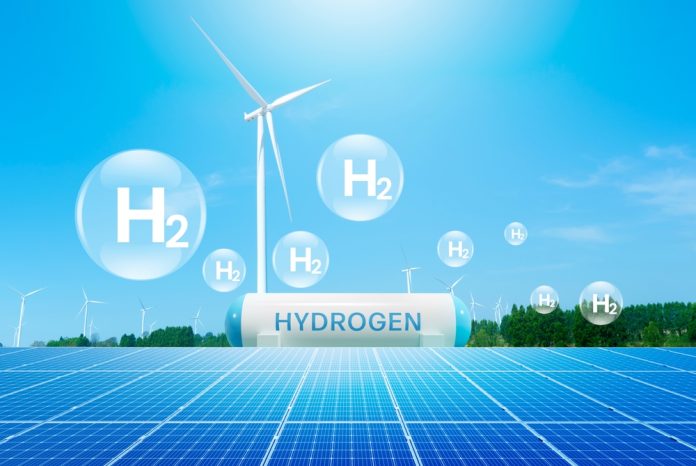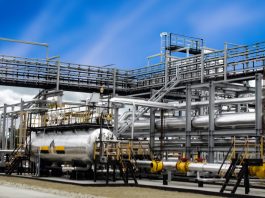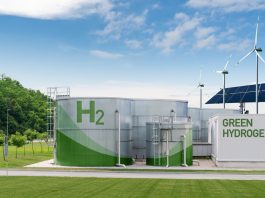The European Commission has approved €998m funding to advance renewable hydrogen production in the Netherlands.
The sizeable funding will enable the Netherlands to increase the country’s electrolysis capacity to ramp up the production of renewable hydrogen.
Margrethe Vestager, Executive Vice-President in charge of competition policy, explained: “Developing renewable hydrogen production is a key aspect of EU’s climate neutrality goal.
“This €998m Dutch scheme will help scale up the production of renewable hydrogen in the Netherlands by providing support to electrolysers projects of all sizes while ensuring that any potential competition distortions are kept to the minimum.”
Additionally, the initiative will help supplement the goals of the EU Hydrogen Strategy and the European Green Deal.
Increasing Dutch electrolysis capacity
The funding aims to support the construction of at least 200 MW of electrolysis capacity through a competitive bidding process set to conclude in 2024.
Projects with a minimum capacity of 0.5 MW are eligible to participate.
Aid will be provided as a direct grant, including an upfront investment grant covering up to 80% of investment costs and a variable premium over 5-10 years.
Beneficiaries must comply with EU criteria for renewable fuels of non-biological origin (RFNBOs), as specified in the delegated acts on renewable hydrogen.
This initiative will help the Netherlands reach its goals of 500 MW of electrolyser capacity by 2025 and 3-4 GW by 2030.
It also aligns with the EU’s targets of 6 GW of renewable hydrogen electrolysers by 2024 and 40 GW by 2030.
The scheme is expected to avoid approximately 55 kilotons of CO2 emissions annually until 2030, supporting both national and EU climate objectives.
The role of renewable hydrogen in the energy transition
Renewable hydrogen production is crucial for Europe’s energy transition as it represents a clean, sustainable alternative to fossil fuels.
Hydrogen, produced through electrolysis using renewable energy, emits no greenhouse gases when utilised, significantly reducing carbon emissions. This contributes to Europe’s climate goals, including achieving net zero emissions by 2050.
Moreover, renewable hydrogen serves as a versatile energy carrier, capable of storing and transporting energy, thus enhancing energy security and grid stability.
It can be used in various sectors, including industry, transport, and heating, replacing carbon-intensive processes and fuels.
By investing in renewable hydrogen production, Europe can decrease its reliance on imported fossil fuels, promote energy independence, and lead global efforts in combating climate change.









